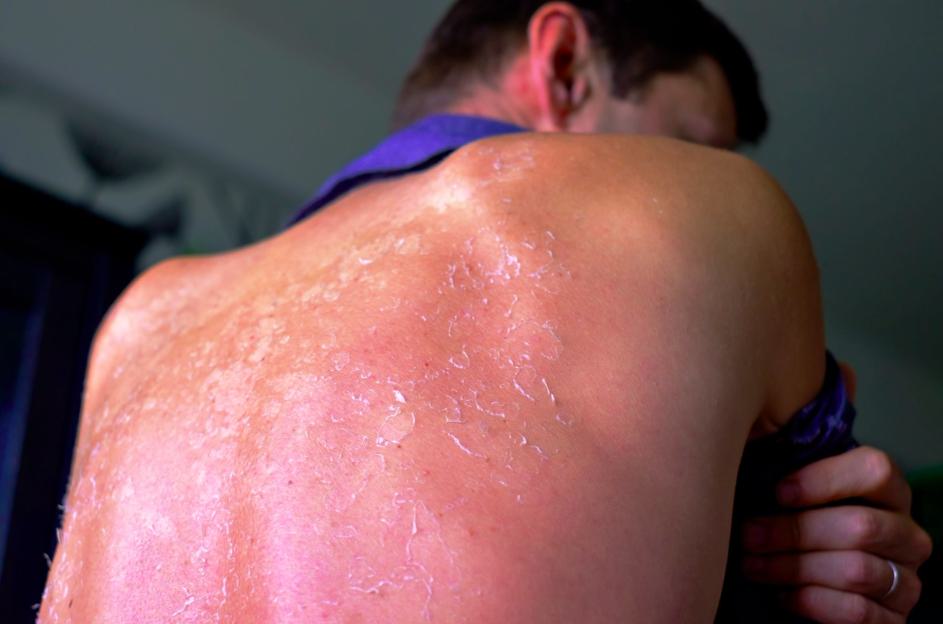When people hear the term “skin cancer,” one of the first questions that often comes to mind is: can skin cancer kill you? The short answer is yes, in certain cases, skin cancer can be life-threatening. While many types of skin cancer are highly treatable when detected early, some aggressive forms can spread to other organs and become fatal. This is why awareness, early detection, and proper treatment are critical.
Skin cancer is the most common form of cancer worldwide, affecting millions of people each year. The good news is that with modern medical advances, survival rates have significantly improved. However, ignoring early warning signs or delaying treatment increases the risk of complications. Understanding the types, causes, symptoms, and prevention methods is the key to reducing the dangers of skin cancer.
Definition and Overview
Skin cancer occurs when abnormal cells in the skin grow uncontrollably, often due to DNA damage from ultraviolet (UV) radiation. These malignant cells can form tumors, invade surrounding tissue, and in some cases, spread (metastasize) to other parts of the body. Whether or not skin cancer can kill you depends on the type, severity, and how early it is detected.
Types
There are three main types of skin cancer:
- Basal Cell Carcinoma (BCC): The most common and least dangerous type. Rarely spreads but can cause disfigurement if untreated.
- Squamous Cell Carcinoma (SCC): More aggressive than BCC and can spread if neglected.
- Melanoma: The deadliest form of skin cancer. Though less common, it spreads rapidly and is responsible for most skin cancer deaths.
Causes and Risk Factors
The leading cause of skin cancer is prolonged exposure to UV rays from the sun or tanning beds. Other risk factors include:
- Fair skin, light eyes, and hair color
- A history of severe sunburns
- Family history of skin cancer
- Weakened immune system
- Exposure to radiation or toxic chemicals
Symptoms and Early Warning Signs
Recognizing symptoms early can save lives. Warning signs include:
- A new mole or growth on the skin
- Changes in size, shape, or color of an existing mole
- Sores that do not heal
- Red, scaly, or crusted patches
- Dark streaks under nails
Remember the ABCDE rule for melanoma: Asymmetry, Border irregularity, Color changes, Diameter larger than 6mm, and Evolving appearance.
Diagnosis
Doctors diagnose skin cancer through:
- Physical examination of the skin
- Dermatoscopy (magnified skin analysis)
- Biopsy (removing a sample for lab testing)
Early diagnosis plays a major role in determining whether skin cancer can kill you or be effectively treated.
Treatment Options
Treatment depends on the type and stage of cancer:
- Surgery: Removing cancerous tissue
- Cryotherapy: Freezing cancer cells
- Radiation therapy: Using targeted rays to kill cells
- Chemotherapy: Medications to destroy cancer cells
- Immunotherapy and targeted therapy: Boosting the immune system or blocking cancer growth
Prevention and Lifestyle Recommendations
To reduce the risk of skin cancer:
- Use broad-spectrum sunscreen (SPF 30 or higher) daily
- Wear protective clothing, hats, and sunglasses
- Avoid tanning beds
- Seek shade during peak sun hours (10 AM to 4 PM)
- Perform regular self-exams and schedule yearly dermatology check-ups
Prognosis and Survival Rates
Survival rates vary depending on the type of skin cancer:
- Basal Cell Carcinoma and Squamous Cell Carcinoma: High survival rates when treated early
- Melanoma: Five-year survival rate is around 99% if detected early, but drops significantly if it spreads
So, can skin cancer kill you? Yes, but timely detection and treatment drastically lower the risk.
Latest Research and Innovations
Researchers are advancing treatment with:
- Artificial intelligence for early detection
- Immunotherapy breakthroughs improving survival in advanced melanoma
- Genetic testing to personalize treatment plans
These innovations give hope for higher survival rates and better quality of life for patients.
Coping and Support for Patients
A skin cancer diagnosis can be overwhelming. Patients can cope by:
- Seeking emotional support from family and friends
- Joining cancer support groups
- Talking to mental health professionals
- Maintaining a healthy diet, exercise, and stress management practices
Conclusion
The question “can skin cancer kill you?” has a complex answer. While many cases are highly treatable, aggressive types like melanoma can indeed be fatal if ignored. Prevention, regular screening, and quick action are the best defenses against skin cancer. Knowledge and proactive healthcare not only save lives but also improve long-term health outcomes.
FAQ
1. Can skin cancer kill you if caught early?
In most cases, no. Early detection greatly improves survival rates.
2. What type of skin cancer is the most dangerous?
Melanoma is the deadliest form, responsible for most skin cancer-related deaths.
3. Can skin cancer come back after treatment?
Yes, recurrence is possible, which is why regular follow-ups are essential.
4. Is skin cancer always caused by sun exposure?
Not always. Genetics, immune system weakness, and chemical exposure can also contribute.
5. Can children and young adults get skin cancer?
Yes, though more common in older adults, skin cancer can develop at any age.

